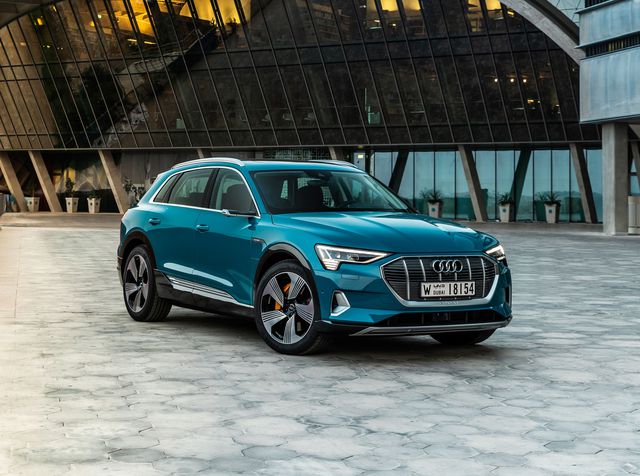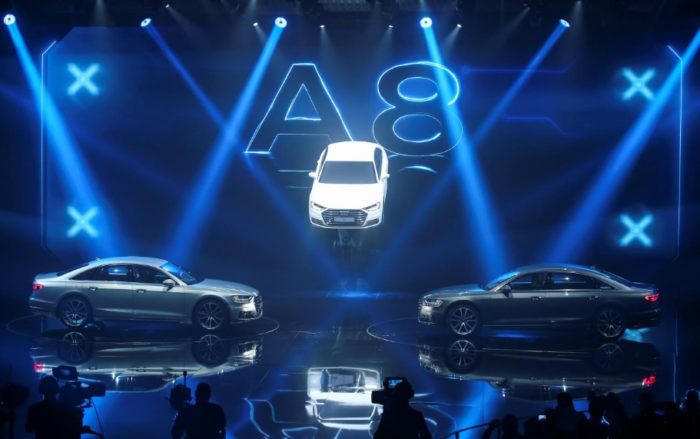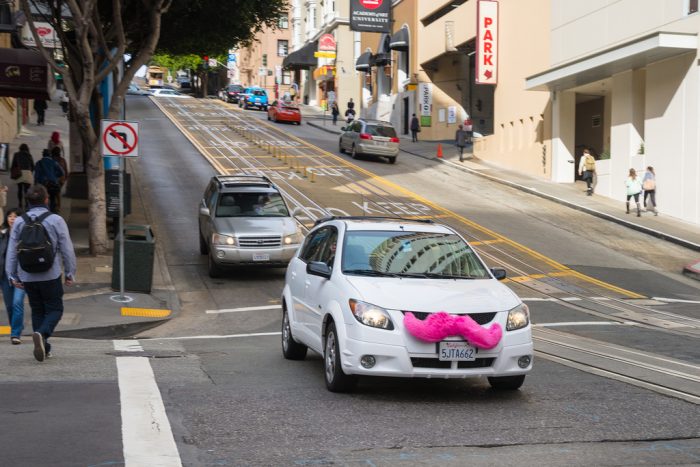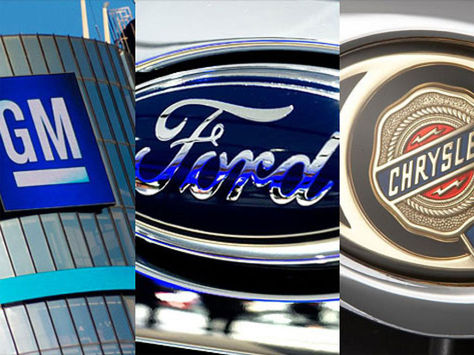Now Reading: Audi electric cars to be built across the world
-
01
Audi electric cars to be built across the world
Audi electric cars to be built across the world
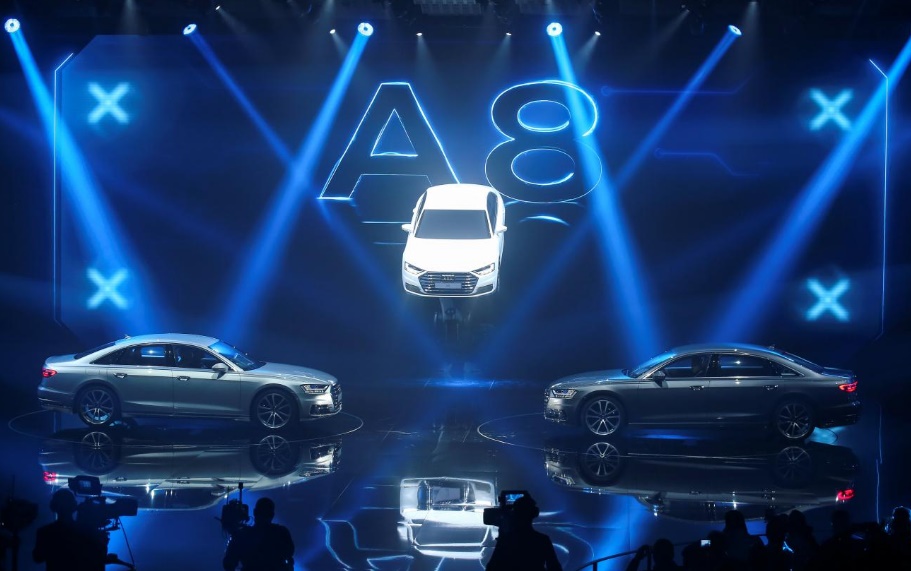
Audi will build electric vehicles at its plants throughout the world, including sites in Mexico and Hungary, the automaker informed on Wednesday, detailing its zero-emission strategies.
Audi last year awarded production of its first mass-produced electric sport-utility vehicle to a plant in Brussels, and since been pressured by labor unions to designate electric vehicle tasks to Germany.
“In future, electric vehicles will roll off the line in all of our plants,” chief executive Rupert Stadler informed a gathering of 7,000 employees at Audi’s base in Ingolstadt.
Besides Ingolstadt and Neckarsulm in Germany, which employ 2 thirds of Audi’s 88,000 employees, the automaker owns plants in Belgium, Mexico and Hungary and uses a network of centers run by Volkswagen and Skoda to build vehicles overseas.
Audi plans to present over 20 electrified vehicles before 2025, with about a dozen created to be battery-only, development chief Peter Mertens stated, matching the zero-emissions push by parent Volkswagen.
Independently, labor boss Peter Mosch this week contacted leading management to accelerate assigning production of electric automobiles to Germany, as staff in Audi’s home market fear they could lose in the race for zero emissions orders and tasks.
“The workforce here wants to see results no later than by the end of this year,” Mosch informed the Ingolstadt meeting.
Employees are also facing the fallout of the automaker’s diesel emissions scandal, which included some Audi models, and an expensive organisation change.
“We need clarity,” stated Mosch, who is a member of both Audi’s and parent Volkswagen group’s supervisory boards.
Stay Informed With the Latest & Most Important News
Previous Post
Next Post
-
 01Polestar Boss Says It’s Time To Outrun BMW M And Mercedes-AMG
01Polestar Boss Says It’s Time To Outrun BMW M And Mercedes-AMG -
 02Spy Shots: 2027 Mitsubishi Pajero Spotted in Testing Ahead of Possible U.S. Return
02Spy Shots: 2027 Mitsubishi Pajero Spotted in Testing Ahead of Possible U.S. Return -
 03Spy Photos: VW ID. Polo GTI Goes Electric with 223 HP and 280 Miles of Range
03Spy Photos: VW ID. Polo GTI Goes Electric with 223 HP and 280 Miles of Range -
 042026 Toyota Hilux EV: A Powerful Truck with Silent Torque
042026 Toyota Hilux EV: A Powerful Truck with Silent Torque -
 05The Controversial Ford Voodoo V8 That Was Killed Off Too Early
05The Controversial Ford Voodoo V8 That Was Killed Off Too Early -
![2027 Mercedes-Benz S-Class Debuts with V8 Engine [Photo Gallery]](https://speedlux.com/wp-content/uploads/2026/01/2027-Mercedes-Benz-S-Class-33-155x125.jpg) 062027 Mercedes-Benz S-Class Debuts with V8 Engine [Photo Gallery]
062027 Mercedes-Benz S-Class Debuts with V8 Engine [Photo Gallery] -
 07Hyundai Palisade’s Breakout Year Shows How Quickly the Market Can Turn
07Hyundai Palisade’s Breakout Year Shows How Quickly the Market Can Turn


![2027 Mercedes-Benz S-Class Debuts with V8 Engine [Photo Gallery]](https://speedlux.com/wp-content/uploads/2026/01/2027-Mercedes-Benz-S-Class-33-700x394.jpg)






































